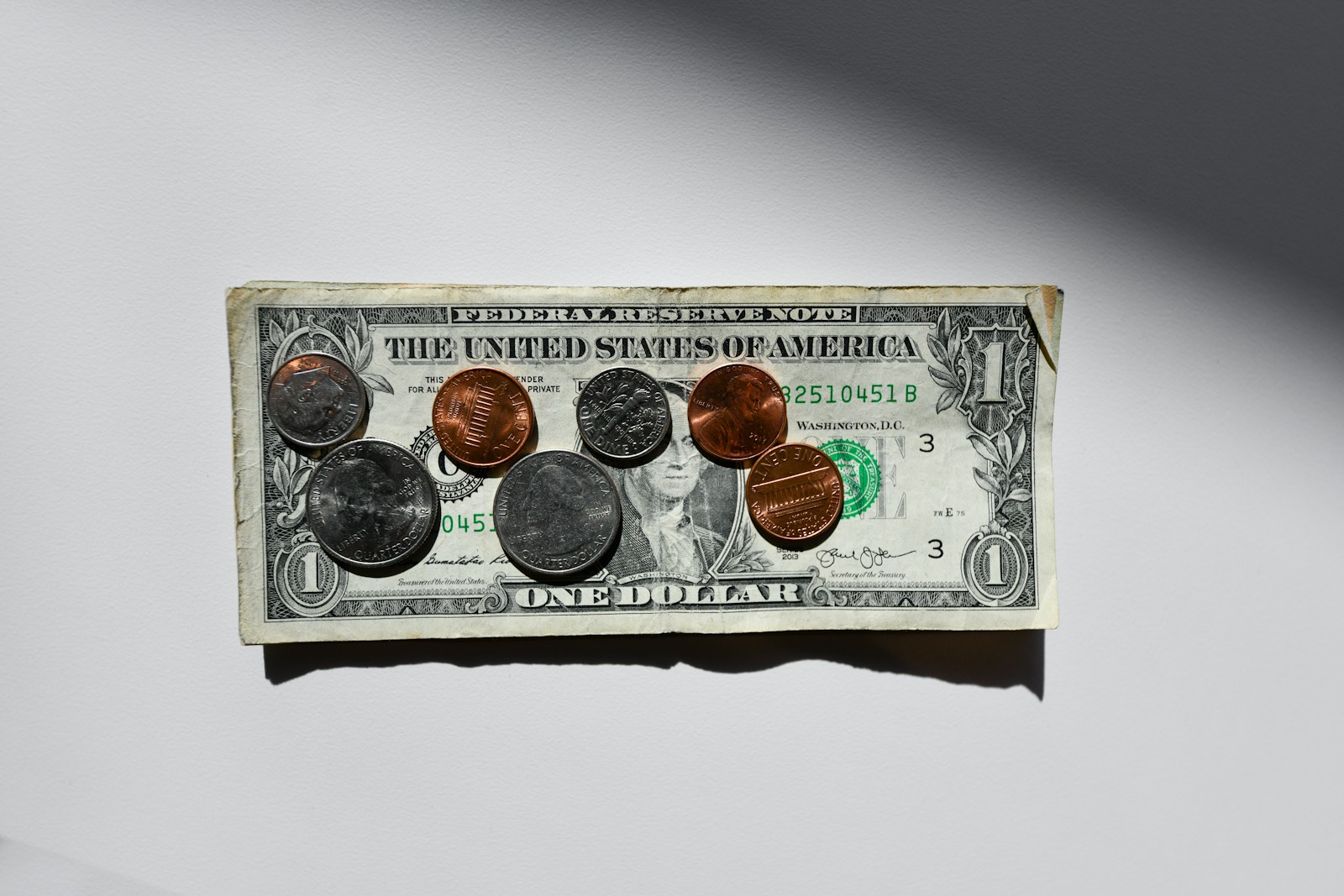
欠
qiàn

owe
The Chinese word '欠' directly translates to 'owe' in English. It is most commonly used in sentences to indicate a debt or obligation, much like how 'owe' is used in English. It could be in the context of money, a favor, or other forms of obligation.
Example sentences using: 欠
我欠你一个人情。
Wǒ qiàn nǐ yīgè rénqíng.

I owe you a favor.
This Chinese phrase indicates a debt of gratitude or favor one feels they need to return.
他欠我好几个月的工资.
Tā qiàn wǒ hǎojǐ gè yuè de gōngzī.

He owes me several months of wages.
None
我欠你我的生命。
Wǒ qiàn nǐ wǒ de shēngmìng.

I owe you my life.
This phrase is often said to express deep gratitude to someone who has saved or greatly helped the speaker.
我欠你一百元.
Wǒ qiàn nǐ yībǎi yuán.

I owe you one hundred yuan.
This phrase is used when the speaker admits they owe the listener money.
我仍欠他一封信。
Wǒ réng qiàn tā yī feng xìn.

I still owe him a letter.
This phrase indicates that the speaker has not yet written a reply or returned communication that is expected.
我欠你一个道歉.
Wǒ qiàn nǐ yīgè dàoqiàn.

I owe you an apology.
The speaker recognizes that they have acted inappropriately and seeks to make amends.
我欠她一次晚餐.
Wǒ qiàn tā yī cì wǎncān.

I owe her a dinner.
This phrase typically implies that the speaker needs to treat the individual in question to a meal as a way of returning a favor or apology.
他已经欠我一堆钱.
Tā yǐjīng qiàn wǒ yī duī qián.

He already owes me a pile of money.
This phrase is commonly used to express frustration about a person who has borrowed a significant amount of money and not yet repaid it.
我欠你一个大大的拥抱。
Wǒ qiàn nǐ yīgè dà dà de yōngbào.

I owe you a big hug.
This is a friendly expression often used to show gratitude or affection towards someone.
我欠你太多了,怎么偿还呢?
Wǒ qiàn nǐ tài duōle, zěnme chánghuán ne?

I owe you too much, how can I repay it?
This phrase is often used when the speaker is overwhelmed by gratitude and wondering how they can possibly repay the listener for all they've done.